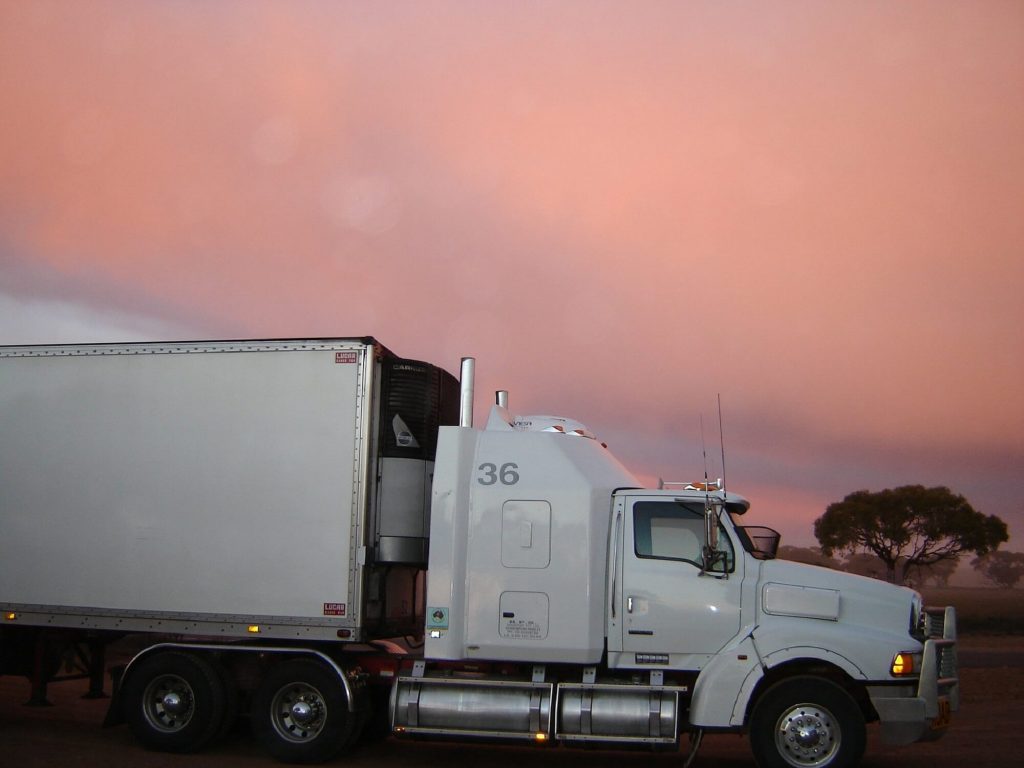Moving from one Portland to another might sound like an easy task, but not when there are more than three thousand miles between the two cities. I had the family (and more importantly, my wife) on board, a job opportunity lined up, friends ready to greet us, and a hankering to escape the frigid New England winters. Even with everything in place, moving included challenges I wasn’t expecting.
If you’re planning a coast-to-coast move, hopefully learning from my trials and tribulations can help your adventure go as smoothly as possible!
Here’s what I needed to put together before we left.
Mode of Travel
First things first: I needed to decide whether we were going to drive or take a plane.
For us, I decided on this reasonably quickly. I liked driving. We had houseplants, valuables, and other personal items to bring that wouldn’t fit on a plane. We also had a flexible time frame since I didn’t have a definite starting date for my new job and the kids were out of school for the summer. Because of all of this, it was pretty easy to decide that we’d drive out.
For those who aren’t sure whether plane or car travel is best, though, here are a few tips to keep in mind:
You might want to drive if:
- You own a vehicle that’s hardy and well-maintained enough to manage a 3,000-mile trip.
- You have at least a week to get from New England to the Pacific Northwest.
- You aren’t bringing pets, cranky kids, or people who can’t tolerate long car rides.
- The price of gas is low enough that the cost will be less burdensome than a plane ticket.
- You have furniture and boxes of stuff that won’t fit in just one or two suitcases.
- You’re moving at a time when you won’t encounter snow in the Rocky Mountains.

You might want to fly if:
- You have no vehicle and are planning to take advantage of Portland OR’s fabulous public transportation.
- You can pack everything you own in a tote bag and a couple of hefty suitcases or movers are transporting everything for you.
- You’re bringing pets or children who will not appreciate a week in a stuffy car.
- You want the lower environmental impact of a plane ticket as opposed to a cross country trek.
- You’re on a time crunch.
A Moving Company
So once we decided that we were driving, I needed to plan our journey.
First and foremost: getting our stuff there. I knew we had more furniture and possessions than we could cram in our SUV and minivan, so I opted to hire a moving company. It was expensive, but my new employer did offer a modest relocation reimbursement. Additionally, I knew with our three kids and two vehicles, my wife and I already had our hands full and didn’t need to worry about also hauling a trailer or driving a rental truck.
(Cost saving tip: Shop for movers early. When companies get busy, they tend to charge higher rates.)
I shopped around different moving companies, finally settling on Cheap Movers Portland OR. There’s a surprising amount you need to know beforehand. Some things to keep in mind:
- Local moves and long-distance moves are priced differently. Long-distance moves are based on the weight, not the time spent moving. So, if you get rid of stuff before your move, then you won’t have to pay to move it.
- The Federal Motor Carrier Safety Administration handles the licensing of any movers who cross state lines. You can look up your mover in their online database to make sure they’re licensed and check the company’s safety records.
- It can take a while for a coast-to-coast move. Companies that handle long moves often combine loads to make the trip more efficient. This means your stuff might temporarily go into storage before getting placed on the truck or that the truck makes a detour on its way to your new home. Expect a cross-country move to take up to 2-3 weeks.

Routes, Interstates, and Hotels
Once we had the moving company reserved, I had to plan our route.
After getting from Maine to Boston, the path across the country is a straight shot down I-90 and I-80. These two roads bisect the northern US from east to west. The fastest route to Portland hops between them. You’re going to end up in the Rocky Mountains pretty much no matter what you do. Since we left in the summer, it wasn’t a problem. But if you’re driving in the winter, make sure you have impeccable brakes and four-wheel drive.
Here’s something I wish I had known before I left: The hotel situation in most of the US isn’t like in New England. New England’s economy has a lot of basis in tourism and hospitality, which means there’s a ton of hotels with a ton of open space. But once you get into upstate New York and beyond, the hotels dwindle. You’ll have a hard time finding ones with vacancies if you wait until the night of your stay to look for a room.
I avoided booking hotels beforehand because I didn’t want to pressure us to drive certain distances each day if we weren’t feeling up for it. But do yourself a favor: Find hotels every eight hours of driving or so along your route, and book your stays well in advance.
Housing
We also needed to have a place to stay when we got there. My wife and I decided to delay home shopping until we could get a feel for which Portland neighborhood was best for our family. We found an Airbnb in a great Portland neighborhood and negotiated a lower monthlong rate with the owner. This way, we had time to get acquainted with the city, check out different houses, line up financing, and I could start my new job without a problem.
I hope these tips help as you plan your own cross-country move. How’s your planning going? Leave a comment below!
